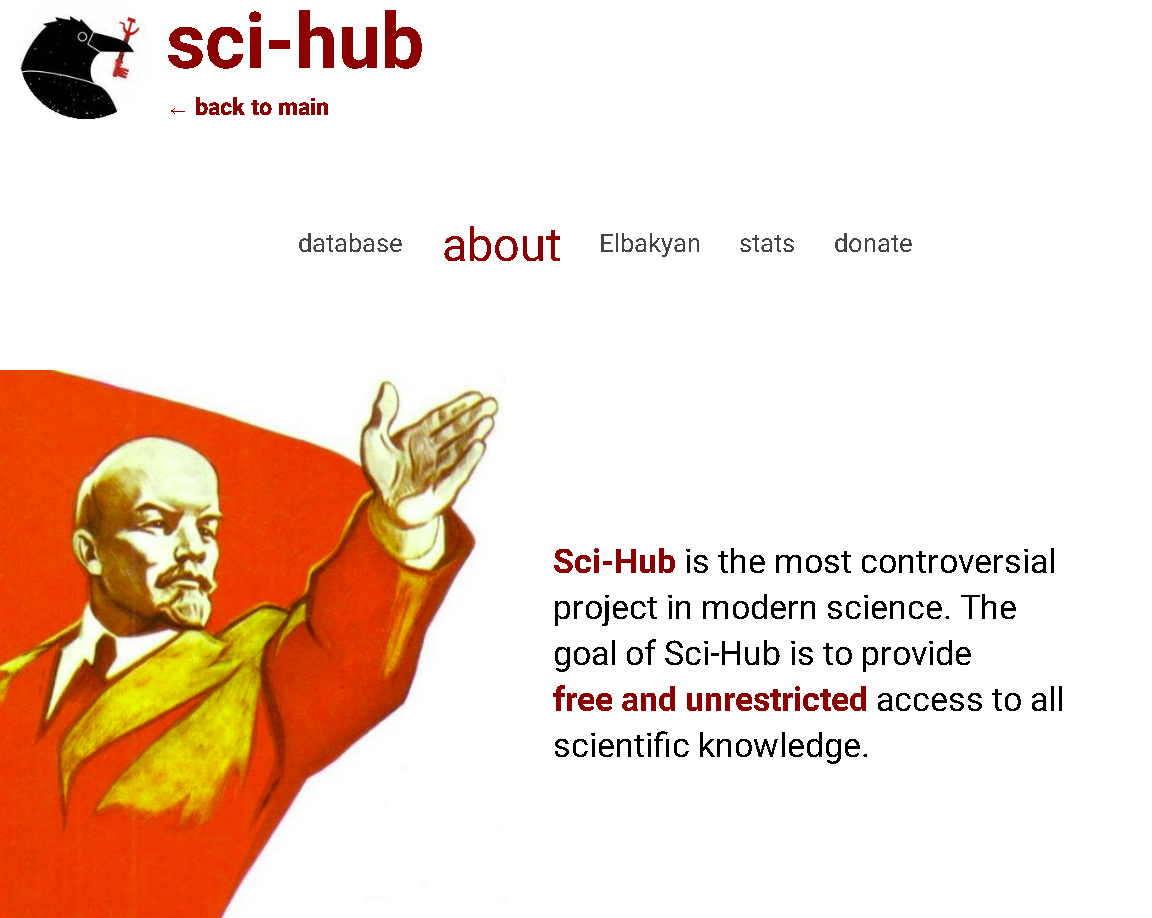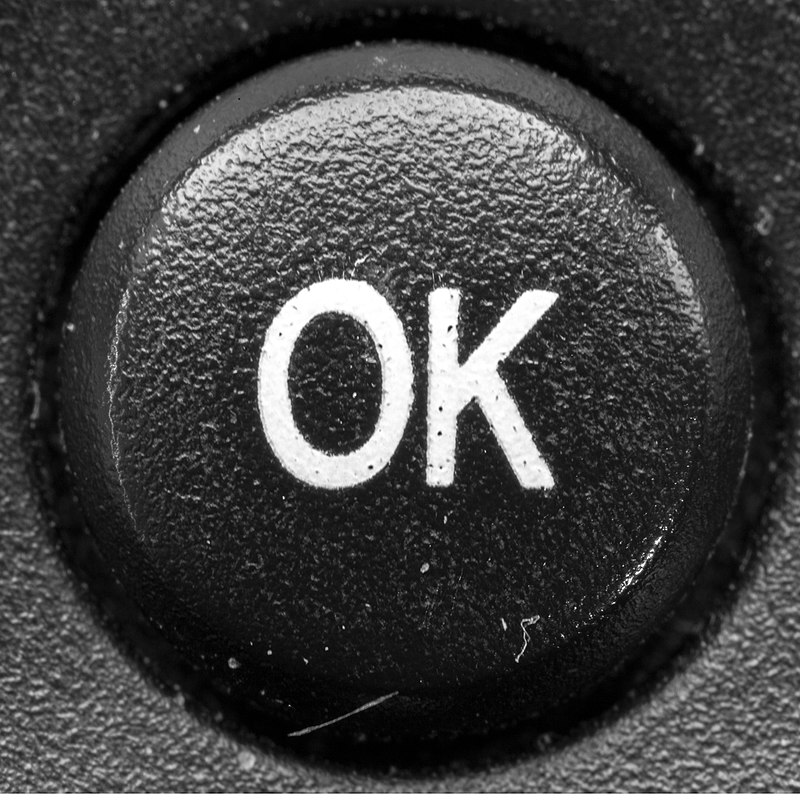communism
The current system of producing knowledge in science is a classical example of a failed capitalist system. Researchers are being exploited, and do not receive money for their work: the knowledge they produce in the form of research papers, does not belong to them. And it does not belong to people either. Instead, the knowledge in science today is a private property of a few mighty businesses, who make huge amounts of money from it. Not only that system is an obstacle to the progess, but it also creates huge distances between rich and poor, where poor people are blocked from access to knowledge. And that includes such important areas as medicine and healthcare.
All this was made possible by the fundamentally wrong concept of intellectual property.
Not only intellectual property creates injustice, but is also self-contradictory. The basic unit of scientific knowledge is a publication in academic journal. But journals essentially are vehicles for communication: they exist to communicate, or to make common. Knowledge and communication are inseparable. Hence communism is the true essence of science, information and knowledge.
That idea, that intelligence is inherently connected to communication, is also proven by the brain structure: brain is essentially a network of billions of neurons that communicate between each other.
Also sociologist Robert Merton identified communism as one of the basic ethical values in science. And is not a coincidence that Soviet Union, the first communist state, was based on science.
The central idea of Sci-Hub is that Knowledge belongs to all people
:::::: references
[2016] Why science is better with communism? conference talk


